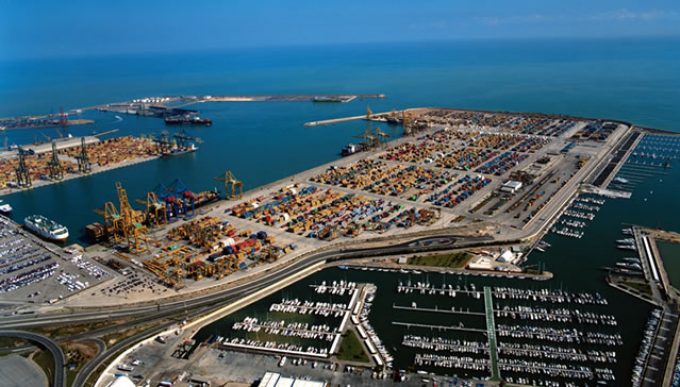It's all politics: Cosco-backed Peru port project at risk
China’s Peruvian dilemma

The ultimate success of Cosco Shipping Ports’ (CSP) purchase last month of a 51% stake in Spanish ports group Noatum Port Holdings (NPH) will depend almost entirely on the Ocean Alliance, according to Drewry Maritime Financial Research (DMFR).
DMFR said the profitability of the new acquisition hinged “on the performance of NCTV [Naotum Container Terminal Valencia]”, which in turn suggests it would hinge on CSP’s ability to maximise its cargo gain from the Ocean Alliance members.
The Chinese port operator, a subsidiary of state-owned Cosco, announced on 12 June it had paid €203m for a controlling stake in NPH, which other than the two container terminals at Valencia, also includes facilities at NCTB, the sole container terminal at Bilbao, and two Spanish container rail terminals.
Cosco said the acquisition was a “perfect strategic fit”, which would bring into play “the synergies with the container fleets of Cosco Shipping…and the Ocean Alliance”, adding that it would “leverage on such synergistic advantages to create value for shareholders”.
Since 1 April, Cosco has partnered with CMA CGM, OOCL and Evergreen in the Ocean Alliance.
Drewry says NCTV is the biggest of the three terminal operators at Valencia and has an infrastructure that can handle four ultra-large container vessels (ULCVs) simultaneously. It has an annual throughput capacity of some 3.25m teu and “should be comfortable dealing with an alliance’s volume”.
According to DMFR, the transaction translates to a rather high 14.5 x EBITDA, and the analyst asked: “Can CSP change the fortune of its new target?”
It noted that the management was “optimistic” that it could reverse the net loss of the Spanish ports group. In the last financial year, NPH posted an operating profit of €2.6m but sank into the red after an interest payment on its debt of €17.6m.
However, NPH’s remaining 49% shareholder is Turia Port Investments – which has converted the outstanding loans to equity following the sale – and this will put the company on a better financial footing, noted DMFR.
The restructured terminal operator will also be able to take advantage of accumulated tax losses from previous years that DMFR estimates to be in the region of €8.2m, which could be used to offset future profitability.
In conclusion, DMFR said that compared with CSP’s other terminal acquisitions in the past two years, “NPH appears a bargain”.
Meanwhile, shares of Cosco Shipping Holdings remain suspended on the Shanghai Stock Exchange since the bourse received notification on 17 May that the company was “proposing to plan for certain material matters”.
Despite continued denials from OOIL that it is about to sell its container arm, OOCL, to the Chinese group, rumours have intensified within the industry that Cosco is readying a final bid. Indeed, The Loadstar’s own analyst, Alessandro Pasetti, commented on the OOCL speculation on 27 June:
He said: “If the latest reports are right (and even if they aren’t, surely a takeover cannot be permanently ruled out?), its prized brand could fall into the hands of a Chinese neighbour that has adopted an almost geopolitical quest to become more influential in global container shipping circles.”
Comment on this article